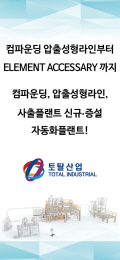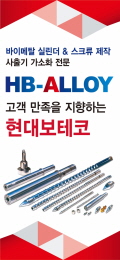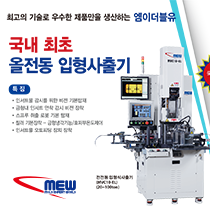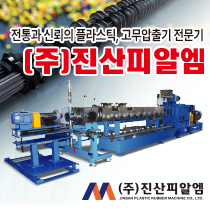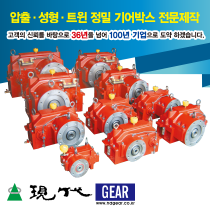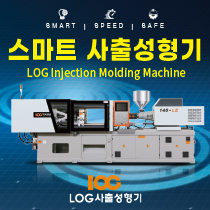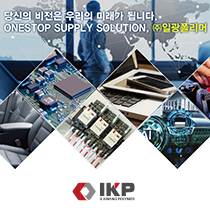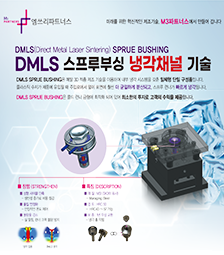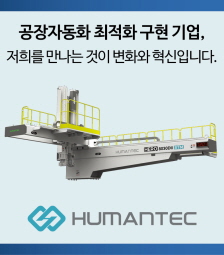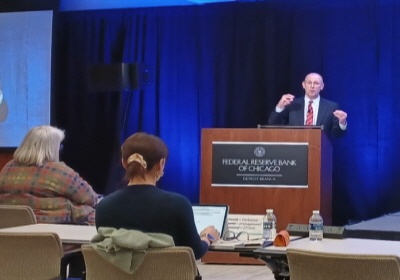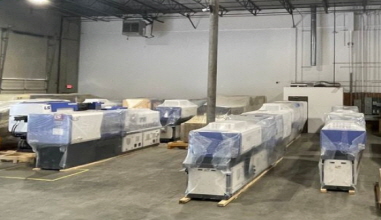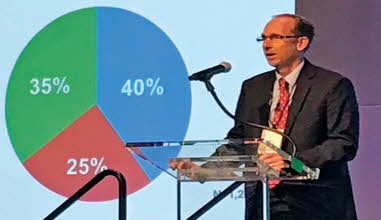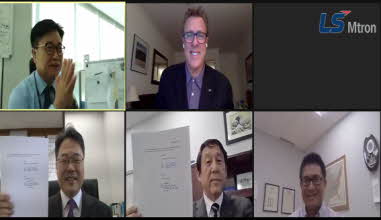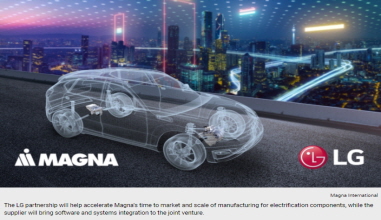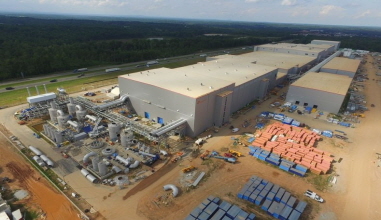Business & people
Custom molders partnering with medical device OEMs face unique set of challenges
By: Clare Goldsberry in PLASTEC New England, Injection Molding, Medical
One of the problems confronted by medical device OEMs is sourcing custom injection molders who meet ISO 13485 and FDA manufacturing standards. H. David Shockley Jr., founder and CEO of International Biophysics Corp. (IBC; Austin, TX), knows this firsthand. His company, which develops and manufactures surgical and respiratory care products, installed internal captive molding facilities to ensure that its operations are able to meet increasingly stringent ISO and FDA audits. Sensing a need, the firm recently began offering its molding services on a contract basis to other medical device OEMs.
Back in 1992 when he founded IBC, neither the FDA nor Notified Bodies in the European Union required much auditing of a medical device OEM’s vendor base, recalled Shockley. “The word validation of molded parts rarely came up in audits,” he explained to PlasticsToday in a telephone interview. “It became a big issue about 15 years ago, and today vendors have to meet the same regulations as medical device manufacturers. Auditors can issue regulatory actions if vendors are out of compliance, and even 100% inspection may not catch all the defects.
“The FDA and Notified Bodies are absolutely auditing medical device vendors, including custom molders, requiring them to prove they have the systems in place that allow them to sell these devices to the OEMs,” Shockley said. “But many times these vendors can’t because they don’t have the system set up, and the difference in the depth of the audits being done today versus 15 years ago is huge. Medical device companies come to us with supply chain problems because their vendors are unable to pass these audits. They tell me, ‘We have a massive vendor problem! This is not about cost—help us! Can you take our molds immediately and fix our problem before our product line is shut down?’”
H. David Schockley Jr. will address issues surrounding medical molding at PLASTEC New England, the region’s largest plastics industry event, which comes to Boston on May 3 and 4. His free presentation, “Quality/regulatory headaches with your custom molder: Real solutions from real experience,” is scheduled for May 4 at 12:30 PM at the Tech Theater (booth 157). Go to the event website for more information and to register to attend.
Shockley explained that reject rates have to be audited where the product is made—at the molder’s facility, not at the OEM’s plant—and today they look at vendors just as closely as they do the OEM. “You have to list all your vendors, and the auditors can go to them because they know that’s where the problem typically originates,” said Shockley. “Everyone, including foreign molders, have to meet the same standards now. It can be very tough if you don’t have the right equipment and systems in place.”
Additionally, it is not about whether the components are molded domestically or at a foreign plant, but whether the vendor can properly document its manufacturing process to meet regulations and validate not only the product itself but the molding machine and the production process. “It’s about the individual factory, the systems, the equipment, when the machine was last calibrated, if processes are validated, whether the maintenance records are up to date... the list goes on,” said Shockley.
That’s why IBC built its own internal captive molding facilities to make Class 1, 2 and 3 products. About five years ago, the company opened its molding operations to custom work for other medical device OEMs.
“There are not that many medical device companies that do their own molding and will do it for other companies, too,” Shockley commented. “One hundred percent of our new business has come from taking on molding work from medical device OEMs that have problems with their custom molding vendors. Our customers want a medical device OEM that does its own molding so they can rest assured that all the systems in place can pass ISO 13485 and FDA audits. We’re not just a custom molder—we make our own line of medical products and have done so for 25 years," said Shockley.

